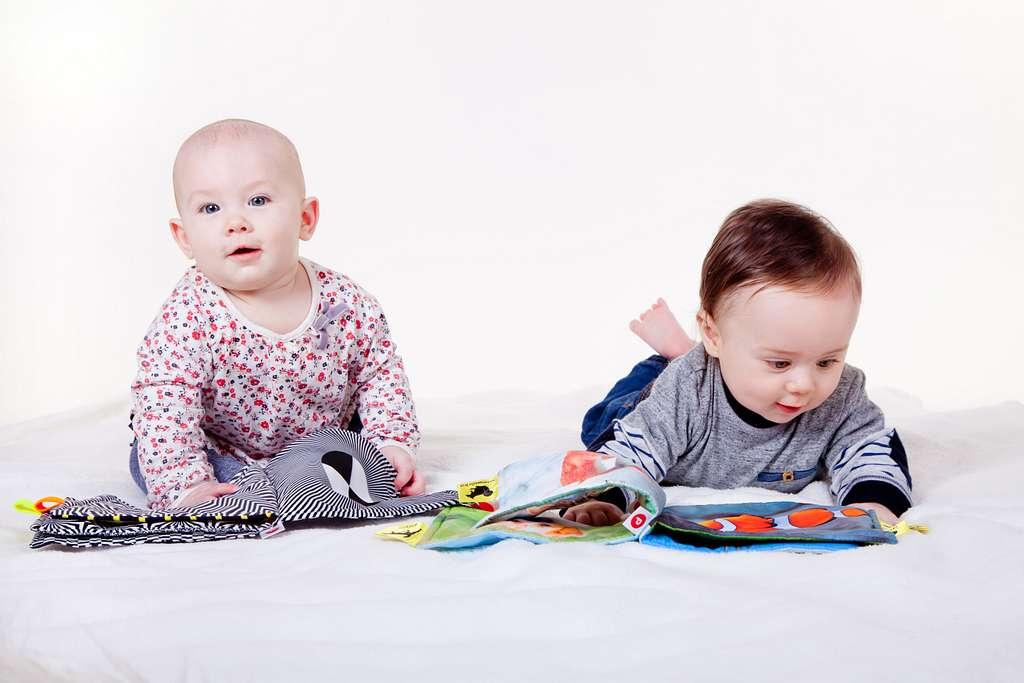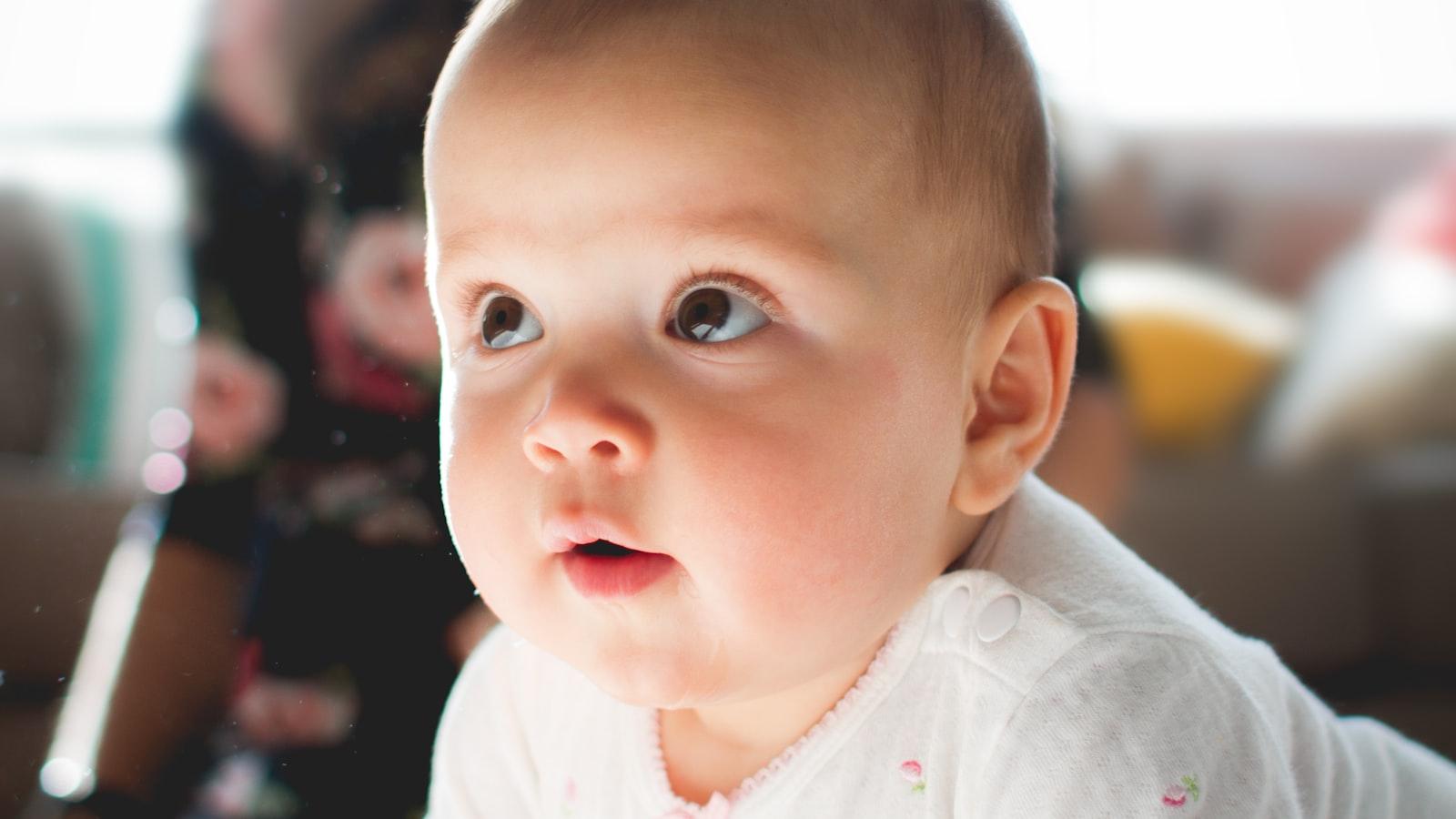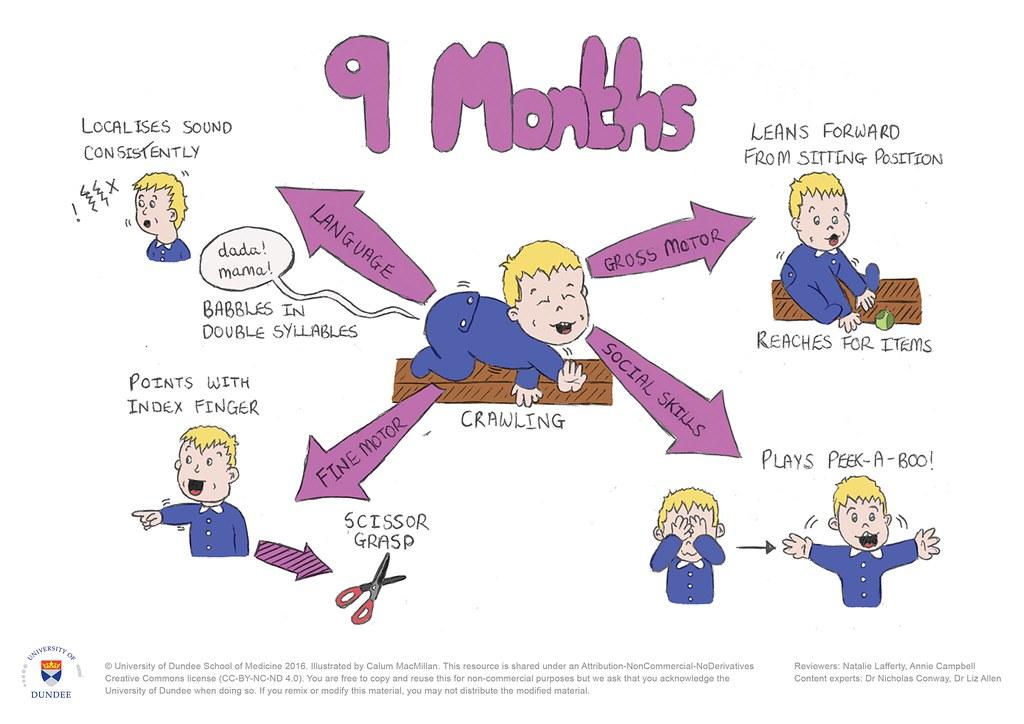Physical Address
304 North Cardinal St.
Dorchester Center, MA 02124
Physical Address
304 North Cardinal St.
Dorchester Center, MA 02124

Have you ever wondered why babies often say ”dada” first? As a father of four, I can attest to the joy of hearing those sweet first words from your little one. While the reason behind this linguistic milestone may vary from child to child, there are some common factors that contribute to this early expression of speech. In this article, we will explore the possible reasons why babies say “dada” first and offer some insights and recommendations for parents on this exciting journey of language development. Let’s delve into the fascinating world of baby babble and discover the magic behind those first precious words.
Babies are fascinating little creatures, aren’t they? From their tiny toes to their gurgling laughter, everything about them is just so adorable. But have you ever wondered why babies often say “dada” before “mama”? It’s a mystery that has puzzled parents for generations.
As a father of four, I have witnessed this phenomenon first-hand with my own children. Each of my kids said ”dada” long before they uttered “mama.” It’s a bittersweet moment for dads everywhere, as we eagerly await hearing our name from our little one’s lips. But why does this happen?
One theory suggests that the simple “dada” sound is easier for babies to produce. The “d” and ”a” sounds are among the first consonants and vowels that babies learn to make, making it a natural choice for their first word. It’s all about physiology and the development of their vocal muscles.
Another explanation could be the association babies have with their dads. Dads often play a more active role in noisy, playful interactions with their babies, which can lead to the “dada” sound being reinforced more frequently than ”mama.” It’s like a fun game of verbal ping-pong between parent and child.
But let’s not forget the element of surprise and delight when a baby finally says “dada” for the first time. It’s a magical moment that melts even the toughest of hearts. As a dad, hearing that sweet sound for the first time is an absolute treasure that I will cherish forever.
So, the next time your little one blurts out ”dada,” just remember that it’s all part of the enchanting journey of parenthood. Embrace the joy, the laughter, and the wonder of watching your baby grow and learn. And who knows, maybe “mama” will be just around the corner!
<img class=”kimage_class” src=”https://daddyempire.com/wp-content/uploads/2024/03/photo-1582486225644-aeacf6aa0b1b.jpg” alt=”Introduction: The Mystery Behind Babies Saying “Dada” First”>
Babies are amazing little creatures, aren’t they? They may not be able to speak full sentences yet, but they sure know how to get their point across! One common occurrence that many parents have noticed is that babies tend to say “dada” before they say “mama”. It’s like a secret race to see which parent’s name they utter first!
So, why do babies say “dada” first? Well, it turns out that the reason might be simpler than you think. “Dada” is actually one of the easiest sounds for a baby to make. The “d” sound is made by simply pressing the tongue against the roof of the mouth and letting out a burst of air. It’s a lot easier for tiny tongues and lips to manage compared to the more complex “m” sound.
As a loving father of four myself, I can attest to the sheer joy and excitement that fills a parent’s heart when their little one utters their first word. It’s a milestone in a baby’s language development that is both heartwarming and absolutely thrilling. I remember the first time each of my children said “dada” – it was like music to my ears!
Another reason why babies tend to say “dada” first could be attributed to the fact that many parents unintentionally reinforce the sound. Picture this: a baby utters “dada” and the father’s face lights up with joy, showering the little one with praises and cuddles. It’s no wonder that babies quickly learn that saying “dada” brings about a lot of positive attention!
In the grand scheme of things, whether a baby says “dada” or “mama” first doesn’t really matter. What’s truly important is the bond that is formed between parent and child, regardless of who they call out to first. So here’s to the wonderful journey of language acquisition in infancy, filled with giggles, babbling, and yes, even the beloved ”dada”!
Babies are absolutely fascinating little creatures, aren’t they? One of the most common milestones parents eagerly anticipate is their child’s first words. It’s no surprise that “dada” often wins the race for many babies, leaving moms slightly miffed but still delighted. But have you ever wondered why “dada” tends to be the initial go-to word for many little ones? Let’s dive into the realms of early communication and parental influence to uncover the secrets behind this linguistic phenomenon.
Parent-Child Bond: The bond between a parent and their child is truly one of a kind. From the moment a baby is born, they are already primed to listen, engage, and learn from their caregivers. Babies are like little sponges, soaking up the sounds and patterns of speech around them. So, when dads joyfully repeat “dada” with a big grin on their face, babies pick up on the excitement and enthusiasm, associating positive emotions with the word.
Sound Patterns: Linguistically speaking, “dada” is a relatively simple sound for babies to produce. The ”d” and “a” sounds are easier for little ones to articulate compared to more complex consonant-vowel combinations. Therefore, babies may naturally gravitate towards saying “dada” first because it’s simpler for them to say. It’s like taking baby steps towards mastering communication!
Parental Encouragement: When babies utter their first words, parents typically react with overwhelming joy and shower their little ones with praise and hugs. This positive reinforcement encourages babies to keep trying and exploring new sounds. So, when a baby says “dada” and sees the proud beaming face of their dad, it reinforces the connection between the sound and the feeling of love and approval.
Personal Experience: As a father of four, I’ve witnessed the magical moment when each of my children uttered their first words. “Dada” was indeed a common favorite among my kids, and each time it filled my heart with pure joy. The bond we share with our children is truly remarkable, and every milestone, big or small, is a precious memory we cherish forever.
In conclusion, the reasons behind why babies say “dada” first are a beautiful blend of parental influence, sound simplicity, and the magic of early communication. So, next time your little one proudly proclaims “dada,” revel in the moment and know that it’s a special milestone in your unique journey of parenthood. After all, these small but mighty moments shape the incredible bond between parent and child.
Biological Factors play a significant role in understanding why babies often say “dada” first. It’s a heartwarming moment for parents when their little one utters their first word, and it’s fascinating to delve into the science behind this milestone.
At the core of this linguistic phenomenon lies the biological predisposition of babies. It is believed that the “dada” sound is easier for babies to pronounce due to the simple consonant-vowel-consonant structure. The repetition of the “d” sound is easier for them to make, making it a natural choice for their first word.
Parents often eagerly await the moment when their baby says “dada,” as it can feel like a special bonding experience. The excitement and joy that come with this milestone are truly unparalleled. As a father of four children, I can attest to the overwhelming sense of pride and love that fills your heart when you hear your baby say “dada” for the first time.
While some may argue that the order in which babies say “dada” or “mama” first is random, there is a biological explanation behind it. The development of language skills in infants is a complex process influenced by various factors, including genetics, environment, and social interactions.
As parents, it’s essential to celebrate and cherish these small but significant moments in our children’s lives. The bond between a parent and child is truly special, and each milestone achieved is a testament to that enduring connection. So, when your little one says “dada” for the first time, savor the moment and cherish the memories created.
<img class=”kimage_class” src=”https://daddyempire.com/wp-content/uploads/2024/03/photo-1659817675352-7873b8e2cef2.jpg” alt=”Biological Factors: Understanding the Science Behind Babies Saying “Dada” First”>
Babies are known for their adorable babbling, but have you ever wondered why they often say “dada” first? It turns out there are social factors at play that influence early speech development. The environment and culture in which a child is raised can significantly shape how they learn to communicate.
In many cultures, fathers tend to play a more active role in interacting with their children than in previous generations. This increased interaction can lead to babies hearing the word “dada” more frequently than other words. As a father of four myself, I’ve personally experienced the joy of hearing my children say “dada” for the first time. It’s a proud moment for any dad!
Furthermore, the sounds and syllables in the word “dada” are easier for babies to pronounce compared to other words. The repetition and simplicity of the word make it a natural choice for babies who are just starting to explore language. It’s fascinating how babies instinctively gravitate towards certain sounds based on their developing vocal abilities.
Another factor to consider is the social reinforcement that babies receive when they say “dada.” Parents and caregivers often react enthusiastically when a baby utters their first word, creating a positive association with that particular sound. This positive reinforcement encourages babies to continue practicing their speech skills and expanding their vocabulary.
While “dada” may be a common first word for many babies, it’s important to remember that speech development is a unique journey for each child. Some babies may say “mama” first, while others may surprise you with a completely different word. The key is to create a supportive environment where children feel encouraged to communicate in their own way.
In conclusion, the early stages of speech development are shaped by a combination of environmental and cultural factors. As parents, we play a crucial role in nurturing our children’s language skills and creating opportunities for them to express themselves. So, the next time your baby says “dada,” celebrate this milestone and continue to support their language development journey.
Have you ever wondered why babies often say “dada” first? It’s a universal phenomenon that has puzzled parents for generations. This milestone in language development is not just a fluke, but rather a fascinating glimpse into the intricate process of how babies learn to speak.
As a father of four, I have witnessed this adorable stage multiple times. It never fails to bring a smile to my face when I hear my little ones utter their first words. The excitement and joy that come with these milestones are truly priceless.
So, why do babies tend to say “dada” before other words? Well, it’s not because fathers secretly have a language advantage! Although that would make for an entertaining theory. In fact, the reason behind this phenomenon lies in the sounds that babies find easiest to produce.
From a linguistic standpoint, the ”d” sound is one of the earliest consonants that babies can articulate. It requires minimal effort compared to other sounds. Therefore, it’s only natural that “dada” becomes a common first word for many infants around the world.
As parents, we can encourage balanced language development in our little ones by engaging in interactive conversations, reading books together, and exposing them to a variety of sounds and words. Remember, every baby is unique, and they will reach language milestones at their own pace.
In the journey of nurturing language skills in infants, it’s essential to create a supportive and stimulating environment where they feel encouraged to explore the wonders of communication. Celebrate every babbling session, every “dada,” and every new word as a step towards unlocking the secrets of language development.
Q: Why do babies often say ”dada” before “mama”?
A: There are a few reasons why babies tend to say “dada” first. One theory is that the “d” sound is easier for babies to mimic early on.
Q: Does this mean babies prefer their fathers over their mothers?
A: Not necessarily. Babies may say “dada” first simply because the “d” sound is easier for them to produce, and not because of any preference for one parent over the other.
Q: Is it true that fathers spend more time with their babies than mothers?
A: Research shows that fathers in today’s society are more actively involved in caregiving than in the past, but the amount of time each parent spends with their baby varies from family to family.
Q: How can mothers encourage their babies to say “mama”?
A: Encouraging speech development in babies is important, but remember that each child develops at their own pace. Spending quality time talking and interacting with your baby can help them learn new words.
Q: Are there any long-term implications if a baby says “dada” before “mama”?
A: There is no evidence to suggest that saying “dada” before “mama” has any long-term effects on a child’s development. It’s more important to focus on creating a loving and supportive environment for your baby’s language development.
In conclusion, while the reason behind why babies say “dada” first may not have a definitive answer, it is clear that it is a natural part of language development. Whether it is due to the simplicity of the sounds or the frequency of hearing the word, parents can take comfort in knowing that their baby’s first word is simply a reflection of their deep bond and attachment. As babies continue to grow and develop, they will soon expand their vocabulary and begin to communicate in their own unique ways. So for now, let’s cherish those precious “dada” moments and look forward to the exciting journey of language development that lies ahead.